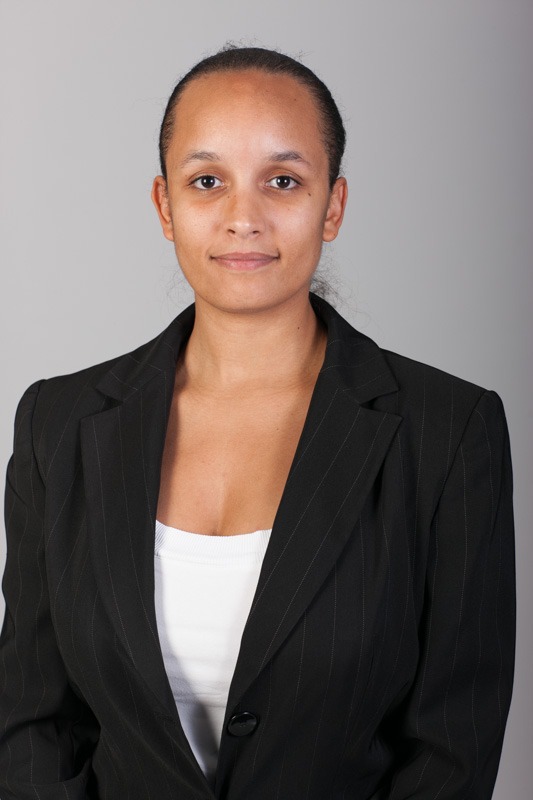CORSIA
Aerospace/Aviation, Tourism

July 5, 2018, 7:13 am
With travel – and particularly air travel – an enormous part of tourism, and particularly sustainable tourism, it stands to reason considerable efforts are underway to ensure air travel is as sustainable as possible. According to recent forecasts issued by ratings agency Moody’s, the Middle East is set to be the fastest-growing region in the world in the aviation sector and as such, it is imperative the UAE takes a strong position.
To this end, the UAE government has firmly entrenched itself in the ongoing drive to promote sustainability in air travel. ICAO – the International Civil Aviation Organisation – has established CORSIA, the Carbon Offsetting and Reduction Scheme for International Aviation, and The UAE’s General Civil Aviation Authority (GCAA) is a part of this ICAO delegation, with Dubai Carbon being a member of the Global Market Based Measure Task Force. Dubai-based airline FlyDubai is one of a group of international airlines involved in a pilot project and a part of the Project Testing Group (PTG) within the CORSIA scheme.
CORSIA – a market-based measure (MBM) scheme – focuses on addressing any annual increases in total CO2 emissions from international civil aviation, or any flights that originate in one country and end in another. This initiative is intended to complement the broader industry target of reaching carbon-neutral growth from 2020 onwards. The initiative will see its pilot phase – 2021 through 2023 – and its first phase, 2024 through 2026, involving states that have volunteered to participate in the scheme. The second phase – 2027 through 2035 – will apply to all states that have an individual share of international aviation activities, among other criteria. States that voluntarily decide to participate in CORSIA may join the scheme from the beginning of any given year, providing they notify ICAO by June of the preceding year.
An Assembly Resolution decreed that the average level of CO2 emissions from international aviation, covered by the scheme between 2019 and 2020, represents the basis for carbon neutral growth from 2020, against which emissions in future years are compared. From 2021, if international aviation CO2 emissions exceed the average baseline emissions of 2019 and 2020 in any subsequent year, this difference will represent the sector’s offsetting requirements for that year.
A document issued by CORSIA, detailing the methodology of how emissions can be calculated and the approach to be used, is currently in draft phase, with a finalised document expected this year. However, if 86.5% of global aviation emissions are covered, offset needs increase by 60 to 170 million per year from 2021. The cost to each airline will obviously depend on the offset price, but using a possible range of EUR1-5 per offset, global costs for offset purchase would reach some EUR60-850 million in the first year and then increase linearly. Airlines in the UAE and Qatar – the first GCC countries to sign up to CORSIA – cover around 11.5% of global RTK, so their costs for offset purchase could reach EUR7-100 million in 2021 and EUR70-1000 million in 2030.
Dubai Carbon takes an active role in supporting CORSIA, the MBM draft resolution and impact on the UAE aviation sector. The organisation worked with the GCAA and industry stakeholders on formulating the country’s action plan, helping to develop platform links into the national agenda. This collusion included meetings with the GCAA working group to review and assess resolutions and legal documents. DCCE has also been part of the PTG for emission criteria since February 2018, with a focus on assessing suitable offset mechanisms that would feed into CORSIA and be tested during the pilot project.
A number of international airlines are involved in a pilot project looking at establishing the appropriate methodology whenever there are certain commitments for the aviation sector to achieve targets. This pilot project incorporates an examination of what carbon offsets should be eligible for purchase, and how these offsets can be most effectively purchased by aviation industry stakeholders.
A key element of the programme is the MRV system, or the Monitoring and Reporting and Verification system, which feeds into Standards and Recommended Practices (SARPs).
FlyDubai – as one of the ten international airlines participating in the pilot project – is acting as a chief implementer in the UAE, testing its MRV to assess how its internal monitoring system works and how it can be transferred into ICAO and CORSIA’s international system to monitor aviation emissions on a larger, more comprehensive scale. FlyDubai’s contribution, and their feedback to ICAO, is being used to shape CORSIA requirements for all airlines.
Once CORSIA’s final document is issued this year, the international initiative will be implemented in phases, beginning with the participation of states on a voluntary basis before expanding to include all states except those exempt from offsetting requirements.
Photo Credit – www.unitingaviation.com










